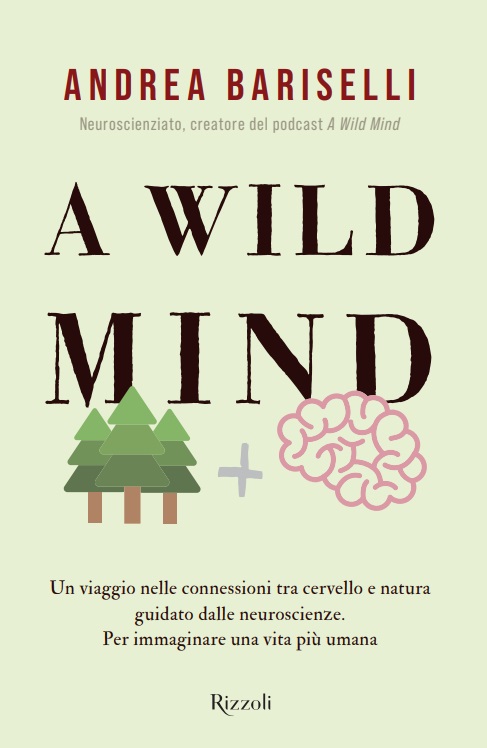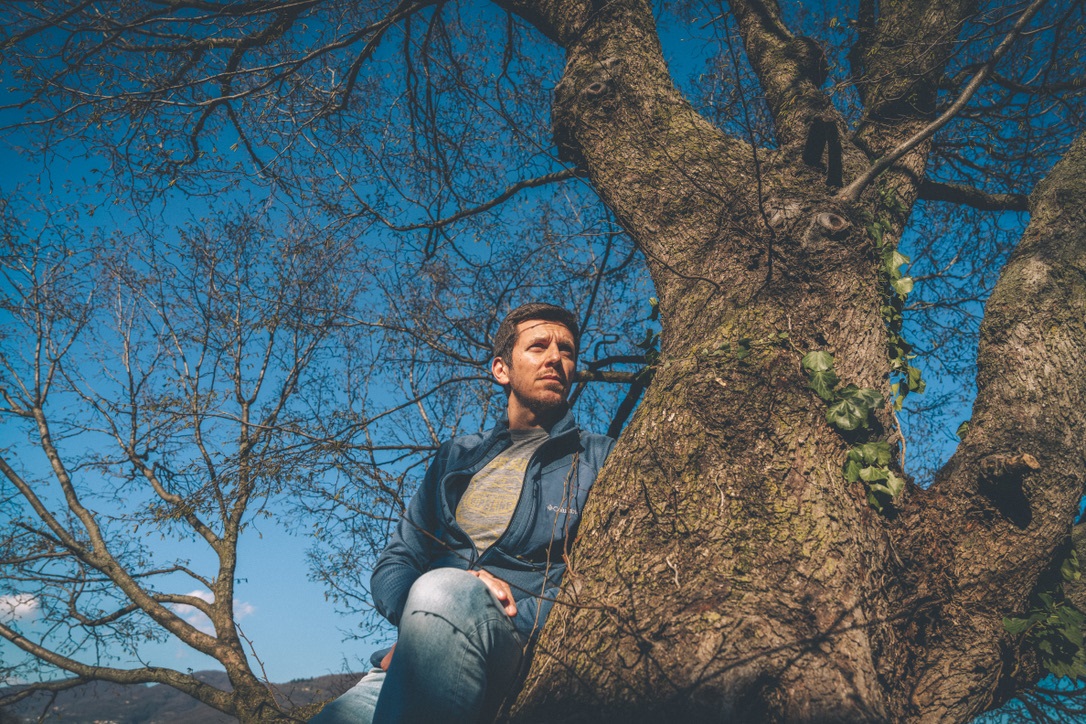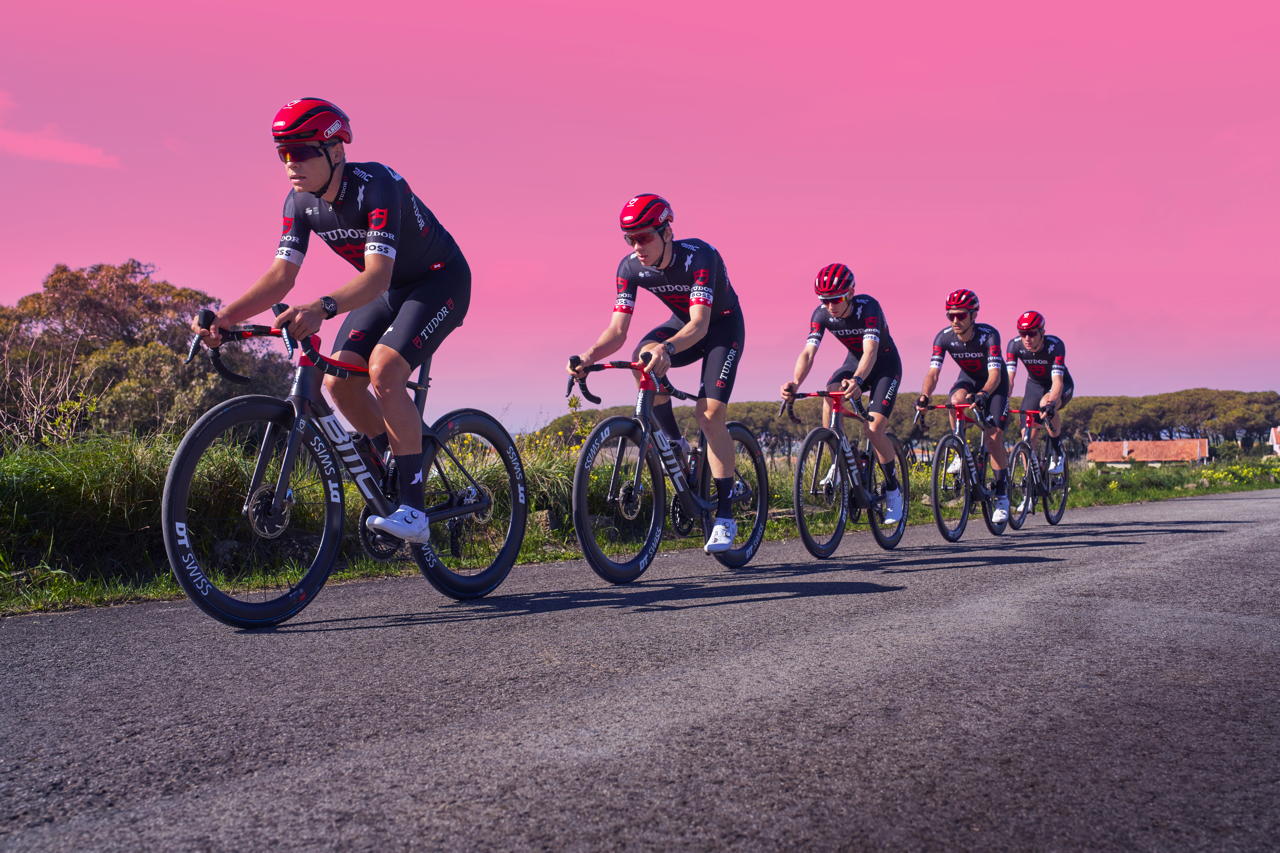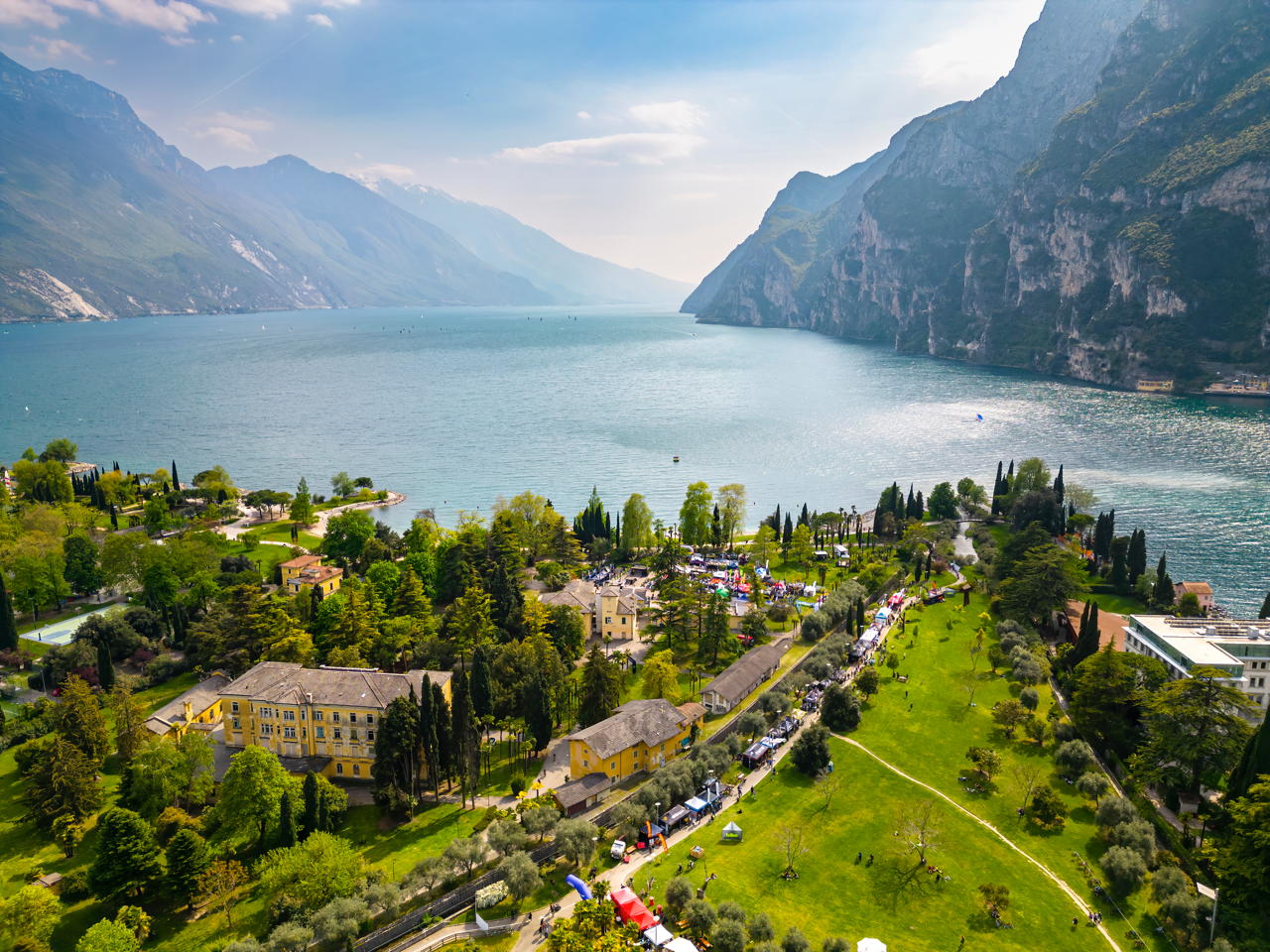Among the many journeys that each of us should undertake, there is also one that does not require any physical travel: that is the journey to discover the links between the brain and nature. A metaphysical journey, often intertwined with real journeys to the most pristine places on our planet. Talking to us about it is Andrea Bariselliborn in 1981, psychologist and neuroscientist, who does many things in life: CEO and chief scientist of Strobilo, a company that deals with neuroscience applied to environmental factors; podcast author A wild spirit and the book of the same name, to be published on April 30, 2024 (already on pre-order), as well as the signature of DOVE for the column Reboot dedicated to journeys that change our lives.
“In reality, all these activities complement each other – Bariselli explains to DOVE – starting from the passion for broadcasting, which has always been central in my life. I have always believed that any subject, if approached in a captivating way, could fascinate anyone. The story of A wild spirit It all started like this: from the desire to talk about concepts, from the home office, in an absolutely imperfect and self-produced way.
It is precisely authenticity and imperfection that have made the success of A wild spiritwhich remained for weeks at the top of the Spotify charts thanks to word of mouth and which has now landed on the shelves of bookstores: “I think the first advantage of A wild spirit both that of having normalized many fears, all linked to our condition as humans – comments Bariselli -. I am thinking of fear of the future, of environmental changes, but also of individual fears due to lack of emotional emancipation. By recounting her feelings and her pain, from mine, she created herself a kind of group self-therapycapable of exorcising anxieties and insecurities.
The role of travel and the discovery of the “wild side”
Traveling has always been a great way to get through reality. “Every journey has challenges – confirms Andrea Bariselli –. This is why I have always loved going to extraterrestrial places: it allows you to face your fears and appreciate what is different, to broaden your way of seeing things. On the other hand the sense of travel is inherent in our nature for millennia and continues to burn within us. During the journey, we experiment with ourselves, our limits and our habits, discovering facets and parts of ourselves that are difficult to find in everyday life.
Traveling is also a way of getting in touch with nature, of rediscovering the value of details and the passing of time: “We need to return to direct contact with the natural world – explains the neuroscientist – to rediscover our side more. archaic and primitive. It is not necessary to go far to achieve this: it is enough to stop barefoot in a meadow and experience our sensations, as small children do to decode what they do not know. If we succeed, we will realize that we already have within us everything we need to be savage“.
Also Read: Healing Wilderness, Wild Fun of the Pacific Crest Trail
Unusual walks and destinations, to get out of the comfort zone
The desire to immerse oneself in nature is the driving force that increasingly triggers the desire to go out. However, Andrea Bariselli recommends doing it on foot: “Walking is a subversive act – he explains – because it requires you to respect the constant speed of your steps. Take one among many paths of travelers it's a way of exploring the world on our own feet that gives great satisfaction. And it's also a very interesting metaphor: walking, if you think about it, is a continuous loss of balance and then regaining it.”
The growing success of the trails is a hymn to the value of slowness and simplicity. “Any destination is good – says Bariselli – as long as you have a simple and essential experience. Just thinking about what to pack in your backpack helps you realize what's really important. At first the discomfort can be scary, but after trying it you discover that it is actually a wonderful gift, like running in the rain or diving into the sea along a cycle path”. Slowness is a gift that should not frighten us: we should not risk being “like water skiers, who continue to run because if they stop they will sink”.
Read also: Mont-Saint-Michel: journey in search of lost silence
Becoming conscious travelers
The end of permanent vacations notably marks a new way of being sustainable travelers. Yet, as Bariselli explains in his book, we still struggle to change our habits and personally adopt more environmentally friendly attitudes and behaviors: “This happens because our brains are not capable of protecting than what he knows directly and we know the natural world. and we still experience too little of it. Certain parts of the brain have difficulty projecting ourselves onto future consequences, because we are evolutionarily anchored in the present. The only real way to change is to come more and more into contact with nature, because education comes through experience. This is why schools in Northern Europe devote a lot of time to outdoor education: nature must become a cultural heritage“.
Considering that we are the first generation to directly feel the effects of climate change, concludes the neuroscientist, the goal is to reduce the level of solastalgia, this form of “environmental nostalgia” that we feel when faced with a place that has changed forever. If it is true that Earth is our home, the best thing we can do is truly experience it as such.
Access the Special “The world according to Andrea Bariselli”




